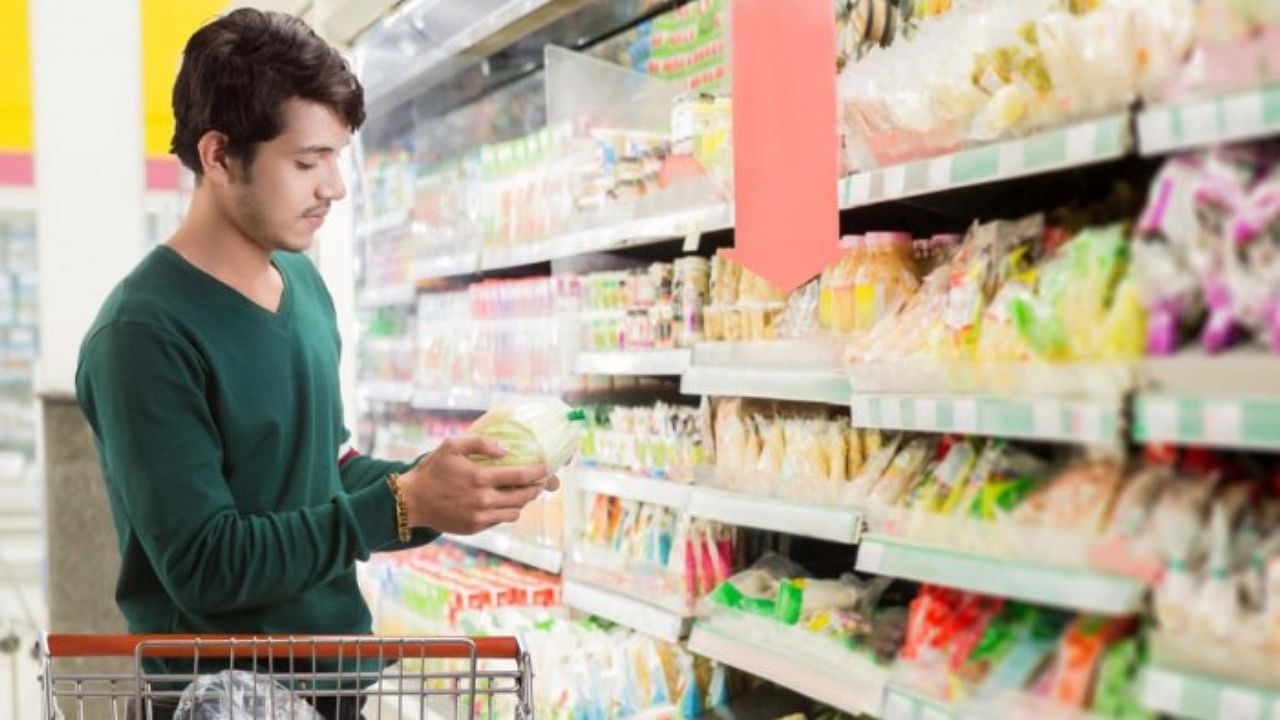
The organic food industry in India has just begun taking baby steps in what seems to be a promising future for the industry that has seen a major boost post-pandemic. India ranks first in Asia (fifth in the world) with 23 lakh hectares of area under organic farming, as per the FiBL (The Research Institute of Organic Agriculture) & IFOAM (International Federation of Organic Agriculture Movements) Organics International Report 2021.
An FiBL survey in 2021 also states that India grew the highest in the world (in absolute terms) by adding about 3.6 lakh hectares of organic land. It further estimates the organic industry to grow at a faster rate in India assisted by the renewed demand for organic products post-pandemic.
While the pandemic disrupted the supply chains the world over and distressed the farmers across the globe, it has also pushed people to move towards organic choices. “People have become more conscious about what they eat after the pandemic. The realisation that they can control and improve what they eat is enabling them to make more organic choices,” said Gaurav Manchanda, founder of The Organic World, a Bengaluru-based organic retail store.
The Indian organic food market has also seen a surge with a market size touching $820 million in 2020, which was just about $200 million in 2018, as per the report, and is likely to grow at a CAGR of 24% during 2021-2026.
“We expect a 75% increase in revenues this financial year, driven by growth in the number of stores from 10 to 20 and a robust online presence,” said Manchanda.
With consumers moving to digital shopping for groceries, the omnichannel organic stores have registered huge growth. While the pre-covid revenue split of The Organic World was 5% online and 95% in-store. During the peak of Covid, the split went up to 20% online and 80% in-store.
The increasing concerns towards the presence of chemicals in conventionally grown food items have made an average Indian consumer wary of what they eat. This has pushed the organic market players to come up with unique ways to ensure they meet the expectations of their customers.
For instance, The Organic World personally audits and awards an ‘organic-certified farm’ tag to farms from which they source their products. Additionally, they also own farms from which a considerable chunk of their farm products is sourced.
Each of their 2,000 products, before ending up on the store rack, needs to pass off a unique ‘not in our aisle list’. “This ensures that none of the products we sell has any harmful chemicals - like artificial flavourings (MSG) - which we have listed on the ‘not in our aisle’ list,” he added.